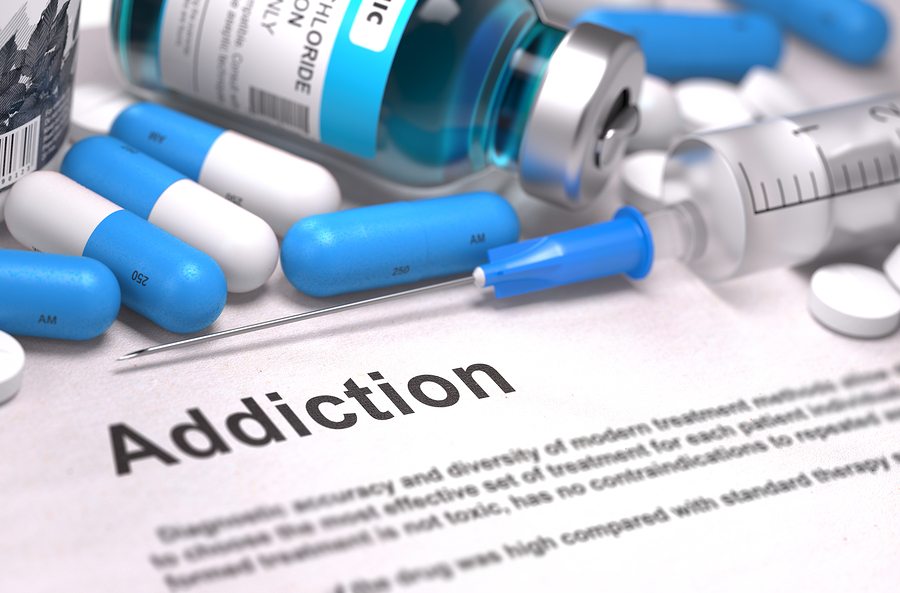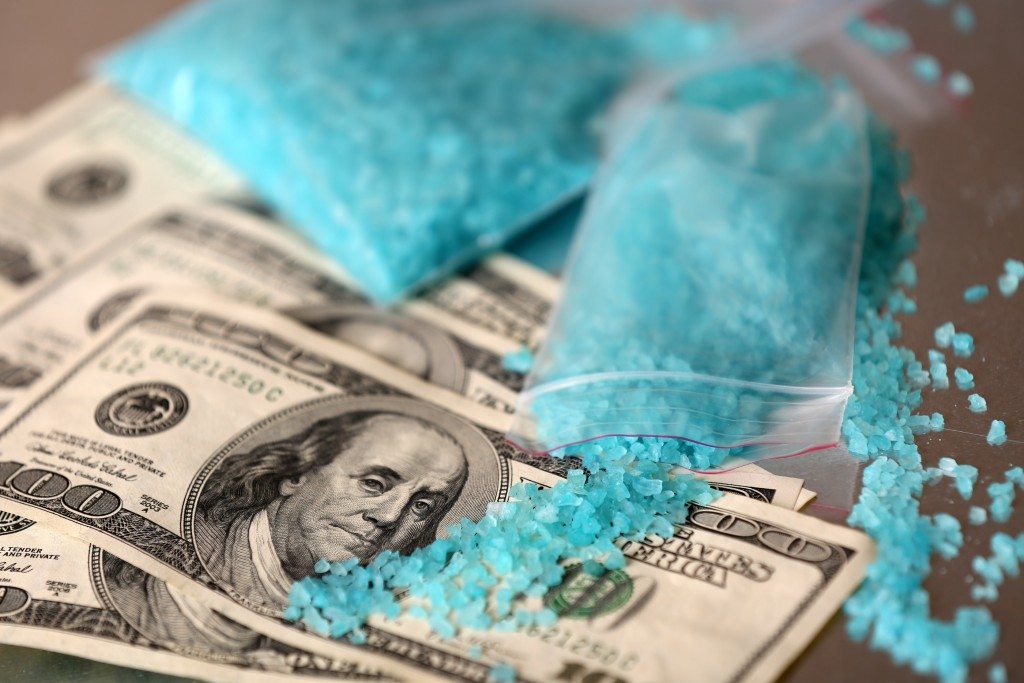According to NYPD figures, over 17,000 people were arrested for or accused of felony drug crimes in New York City in 2014. Another 54,000 were accused of or arrested for misdemeanor drug offenses, such as fifth degree marijuana possession or seventh degree possession of a controlled substance. Recognizing that many drug offenders are better served by rehabilitation than punishment, New York City’s criminal courts have adopted a system of drug court programs, which allow eligible defendants to avoid jail time or face reduced penalties in exchange for treatment, supervision, and adherence to program rules. If you or a family member was arrested for drug crimes in Brooklyn, Queens, or Manhattan, contact our Manhattan drug possession lawyers for legal help. You may be a good candidate for drug court participation.
Who is Eligible for Drug Court, and What Are the Benefits of Participating?
There are about half a dozen drug treatment court (DTC) programs in New York City, including:
- Misdemeanor Brooklyn Treatment Court (MBTC)
- Manhattan Misdemeanor Treatment Court (MMTC)
- Manhattan Treatment Court, Felony (MTC)
- Queens Misdemeanor Treatment Court (QMTC)
- Screening and Treatment Enhancement Part (STEP)
Each of New York City’s criminal DTC programs have slightly different criteria and requirements for participation. For instance, STEP was designed as “an alternative to incarceration for non-violent felony drug offenders arrested in Brooklyn, New York.” Other programs, such as MMTC, focus exclusively on misdemeanors in the borough of Manhattan. However, speaking broadly, New York’s DTC programs are meant for defendants who were charged with misdemeanors or felonies involving elements of drug addiction or substance abuse.

There are significant benefits to drug court participation. When a defendant completes the program successfully, several positive outcomes can result:
- The charges against the defendant may be dismissed, meaning there is no more case. For more information on this topic, see our article on reasons criminal charges get dropped or dismissed before a court date.
- The charges against the defendant may be reduced, which equates to lighter possible penalties. For more information on the consequences of a criminal conviction, see our articles on penalties for misdemeanors in New York and penalties for felonies in New York.
- The defendant’s original sentence may be reduced.
Critically, drug court also gives defendants a way to avoid incarceration, another major benefit of participation. However, if the participant breaks any of the program rules – for instance, failing to report to a Case Manager for toxicology tests after every court appearance, for participants in STEP – he or she can be sent to jail or face other serious consequences. Depending on the severity of a rule violation, the judge may impose sanctions such as an increased level of case management, or more frequent court appearances.
The length of time a defendant spends in a given New York City DTC program ultimately depends on factors like:
- The progress they display in treatment.
- Whether they have prior offenses.
- Which program they are participating in.
STEP, for example, typically lasts for one to two years. MMTC is quicker, with the average program length ranging from eight months to one year, because it deals with misdemeanors as opposed to felonies like STEP.
Drug Court Locations in Brooklyn, Queens, and Manhattan
New York is divided into thirteen segments called judicial districts. Queens, Brooklyn, and Manhattan each belong to a different judicial district:
- Brooklyn – Second Judicial District (Kings County)
- Manhattan – First Judicial District (New York County)
- Queens – Eleventh Judicial District (Queens County)
Each judicial district has its own courts and court programs, including DTC programs. Drug court program locations in New York City are listed below by borough.

Manhattan, New York County
Manhattan Diversion Court
100 Centre Street
New York, NY 10013
(646) 386-4626
The Manhattan Diversion Court location contains:
- MMTC
- MTC
Brooklyn, Kings County
Brooklyn Treatment Court
320 Jay Street
Brooklyn, NY 11201
(347) 296-1133
STEP, MBTC
120 Schermerhorn Street
Brooklyn, NY 11201
(646) 404-9550
Queens, Queens County
Queens Treatment Court
125-01 Queens Boulevard
Kew Gardens, NY 11415
(718) 298-1303
The Queens Treatment Court location contains QMTC.
Arrested for Drug Possession in New York City? Call Our Experienced New York Defense Attorneys
If you or one of your loved ones was charged with drug crimes in New York City, it’s important that you are represented by a skilled and experienced Brooklyn criminal defense lawyer. Your criminal defense attorney will carefully examine all of your options to develop a legal strategy designed to protect your best interests while minimizing negative consequences. You could be eligible for STEP, MTC, QMTC, or other programs.
To set up a free legal consultation about your narcotics charges in New York City, call the law offices of Sullivan & Galleshaw at (800) 730-0135. Our criminal lawyers handle New York drug trafficking, possession, and distribution offenses involving marijuana, cocaine, heroin, LSD (acid), ecstasy, methamphetamine, prescription pills, ketamine, psilocybin mushrooms (shrooms), and other controlled substances.

